- Islamabad
- 31.8°C
- Today ( Sunday, 8 June 2025)
Tradition of drama in English literature
The tradition of drama in English literature has traversed diverse terrains, embodying the cultural, social, and artistic ethos of different periods. From the classical works of Shakespearean theatre to the experimental forms of contemporary playwrights, the drama tradition remains a dynamic and multifaceted expression of human experiences. In the Elizabethan era, the unparalleled genius of William Shakespeare illuminated the theatrical landscape. His plays, such as "Hamlet," "Macbeth," and "Romeo and Juliet," not only entertained but delved into the intricacies of human nature, relationships, and societal dynamics. The Elizabethan stage became a vibrant arena for the exploration of the human condition, leaving an indelible mark on the drama tradition. The Restoration period witnessed the revival of theatre after the English Civil War. Playwrights like Aphra Behn brought a new dimension to drama, challenging societal norms and introducing complex female characters in works like "The Rover." This period laid the groundwork for the blending of wit, satire, and societal commentary in theatrical productions. The 19th century witnessed a diverse array of dramatic voices. From the romantic escapades of Oscar Wilde's comedies like "The Importance of Being Earnest" to Henrik Ibsen's groundbreaking exploration of societal issues in "A Doll's House," drama became a vehicle for societal critique and introspection. The early 20th century marked the advent of modernist drama, with playwrights like Samuel Beckett ("Waiting for Godot") and Anton Chekhov ("The Cherry Orchard") challenging traditional structures and delving into existential questions. The avant-garde experimentation of this period laid the foundation for a more abstract and introspective approach to storytelling. Post-World War II, the theatre witnessed a resurgence of realism with playwrights like Arthur Miller ("Death of a Salesman") and Tennessee Williams ("A Streetcar Named Desire"). These works delved into the complexities of the American psyche, addressing issues of identity, disillusionment, and societal expectations. In the latter half of the 20th century and into the 21st century, drama continued to evolve with the emergence of diverse voices and forms. Playwrights like August Wilson ("Fences") explored the African American experience, while Tony Kushner's epic "Angels in America" tackled issues of identity, politics, and the AIDS epidemic. Contemporary drama encompasses a broad spectrum, from the introspective and poetic works of Suzan-Lori Parks ("Topdog/Underdog") to the provocative and socially relevant narratives of Lynn Nottage ("Ruined"). The drama tradition, ever-adapting, remains a powerful medium for exploring the complexities of the human condition and the dynamics of the world we inhabit. In its dynamic evolution, the drama tradition in English literature stands as a testament to the resilience of storytelling, offering a profound reflection of society, culture, and the ever-shifting landscapes of human existence.
-
Lionel Messi, the football maestro, has been crowned TIME's Athlete of the Year 2023, surpassing renowned athletes Erling Haaland and Novak Djokovic. His record-breaking 8th Ballon d'Or further solidifies his legendary status in the world of football. Messi's pi...
-
In a bid to foster emerging talent in women's cricket, the Pakistan Cricket Board (PCB) has granted domestic contracts to 11 additional women cricketers, pushing the total number of domestic contracted players to 80. Among the recent inductees, one hails from the emergi...
Get Newsletter
Subscribe to our newsletter to get latest news, popular news and exclusive updates.


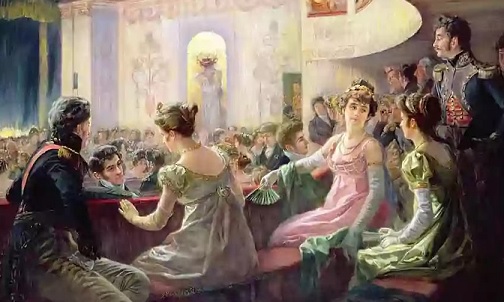





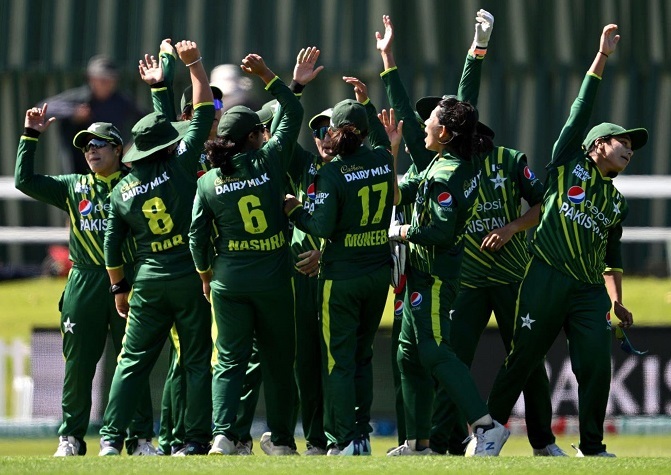


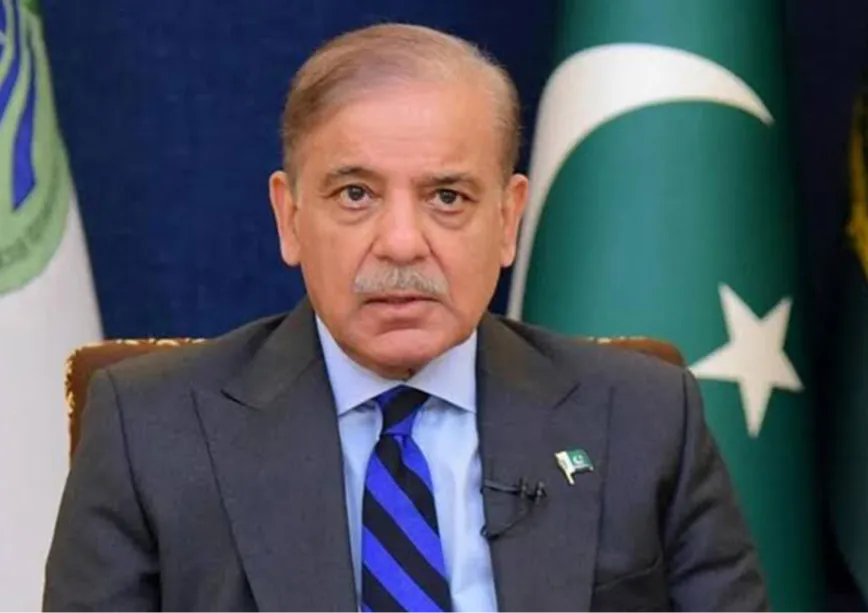




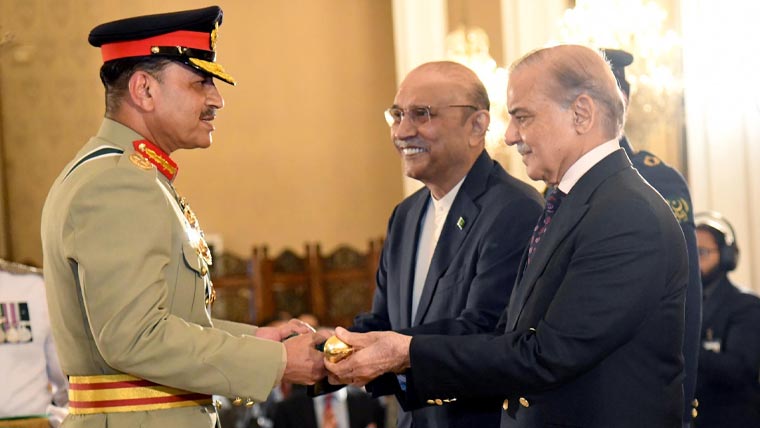






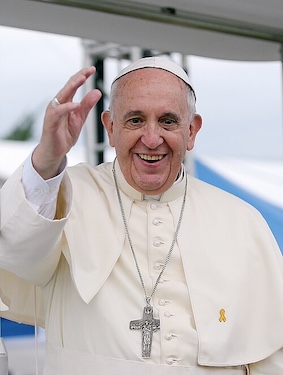
Facebook Comments